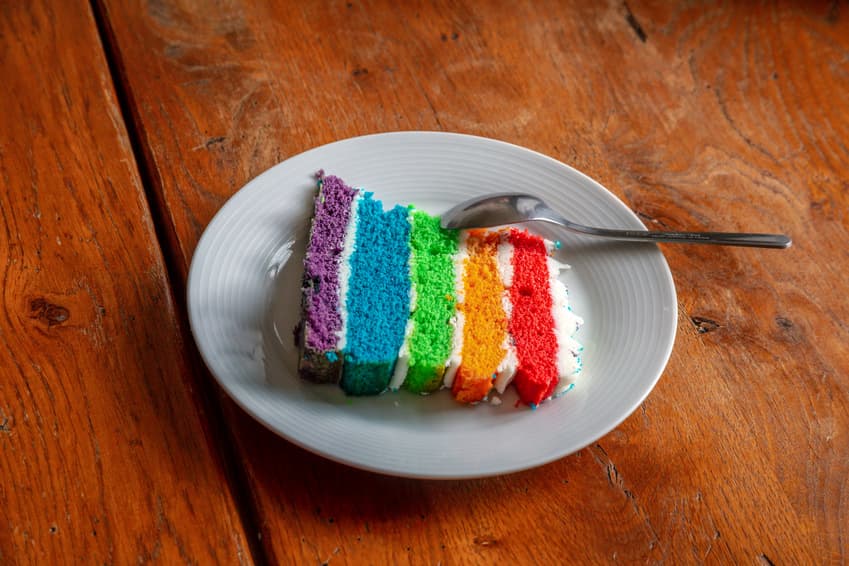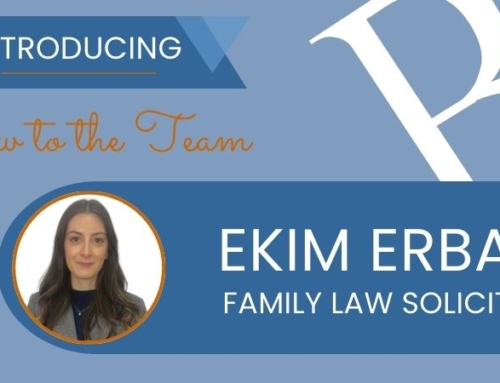Bakery owners who refused to supply a cake bearing an iced message in support of gay marriage were entitled to follow their religious beliefs and were not guilty of any form of discrimination, the Supreme Court has ruled in what has been dubbed by the media as the “gay cake” case.
The Cake in Question
The couple, whose business Ashers Bakery was in Northern Ireland, at first accepted a gay man’s order for a cake bearing a depiction of Sesame Street’s Bert and Ernie and the message “Support Gay Marriage”. The cake was to be displayed at an event to promote same-sex marriage. The customer was subsequently informed that the couple could not in conscience produce such a cake and he was given a refund.
The History of the “Gay Cake” Case
The customer Gareth Lee, a gay rights activist, launched legal proceedings and a judge found that the couple’s refusal to complete the order amounted to direct discrimination on grounds of sexual orientation, contrary to the Equality Act (Sexual Orientation) Regulations (Northern Ireland) 2006 (SOR). Their conduct was also discriminatory on grounds of religious belief or political opinion, contrary to the Fair Employment and Treatment (Northern Ireland) Order 1998 (FETO). The couple’s first challenge to the decision, on grounds that SOR and FETO were incompatible with their human rights, was rejected by the Court of Appeal.
In upholding their second appeal, the Supreme Court concluded that neither SOR nor FETO imposed a civil liability on the couple for their refusal to express a political opinion that conflicted with their religious beliefs. They had not refused to complete the order because of the customer’s actual or perceived sexual orientation. The bakery has always insisted its objection was to the message on the cake and not the customer.
The Court noted that protection against direct discrimination on grounds of religious or political opinion has constitutional force in Northern Ireland. But, as the couple’s objection was not to the customer, but to being required to promote the message on the cake, the situation was not comparable with people being refused jobs or services simply because of their politics or religious faith.
Although it was arguable that the message was essentially associated with the customer’s political opinions, the couple’s human rights to freedom of expression, thought, conscience and religion were clearly engaged. They were therefore not obliged to manifest beliefs that they did not hold. The couple could not refuse to provide their products to the customer because he was a gay man, or because he supported gay marriage. But that was not the same as obliging them to supply a cake bearing a message with which they profoundly disagreed.
Find Out More
Cases involving discrimination can be complex, particularly where there are competing rights which must be weighed against each other. The stakes are often high with potentially unlimited awards available to the aggrieved party. If you have a legal issue involving discrimination and would like to find out more then contact the expert team at Backhouse Solicitors for help today.
The Backhouse Solicitors Team
Tel: 01245 893400
Email: info@backhouse-solicitors.co.uk
Web: www.backhouse-solicitors.co.uk
Visit: 17 Duke Street, Chelmsford, CM1 1JU (2 minutes from the railway station)






